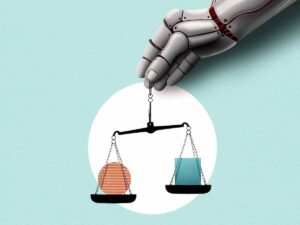Inside Hanif Kureishi’s Shattered: A Raw Journey Through Fame, Family, and Fragility
With writing as a constant part of his identity, especially in the thick of trauma, Kureishi leans into his writerly identity. He muses:
I am aware of this in my own life; as a teenager I was so traumatized by racism and the unpleasantness of school that I began to read and write at a remarkable rate. You could say that trauma saved me and made me into a writer. Something similar is happening here: I am finding a way to cope with the shock of my recent accident by writing through dictation (68).
As Kureishi finds his other identifying factors changing such as his swift reckoning with his identity as able-bodied becoming disabled, writing is the only constant and relationship that remains relatively unchanged. Although now, he must dictate his work, Kureishi confronts trauma to retrieve the salvageable lessons, emotions, stories, and relationships he can use to cope and fuel his writing.














